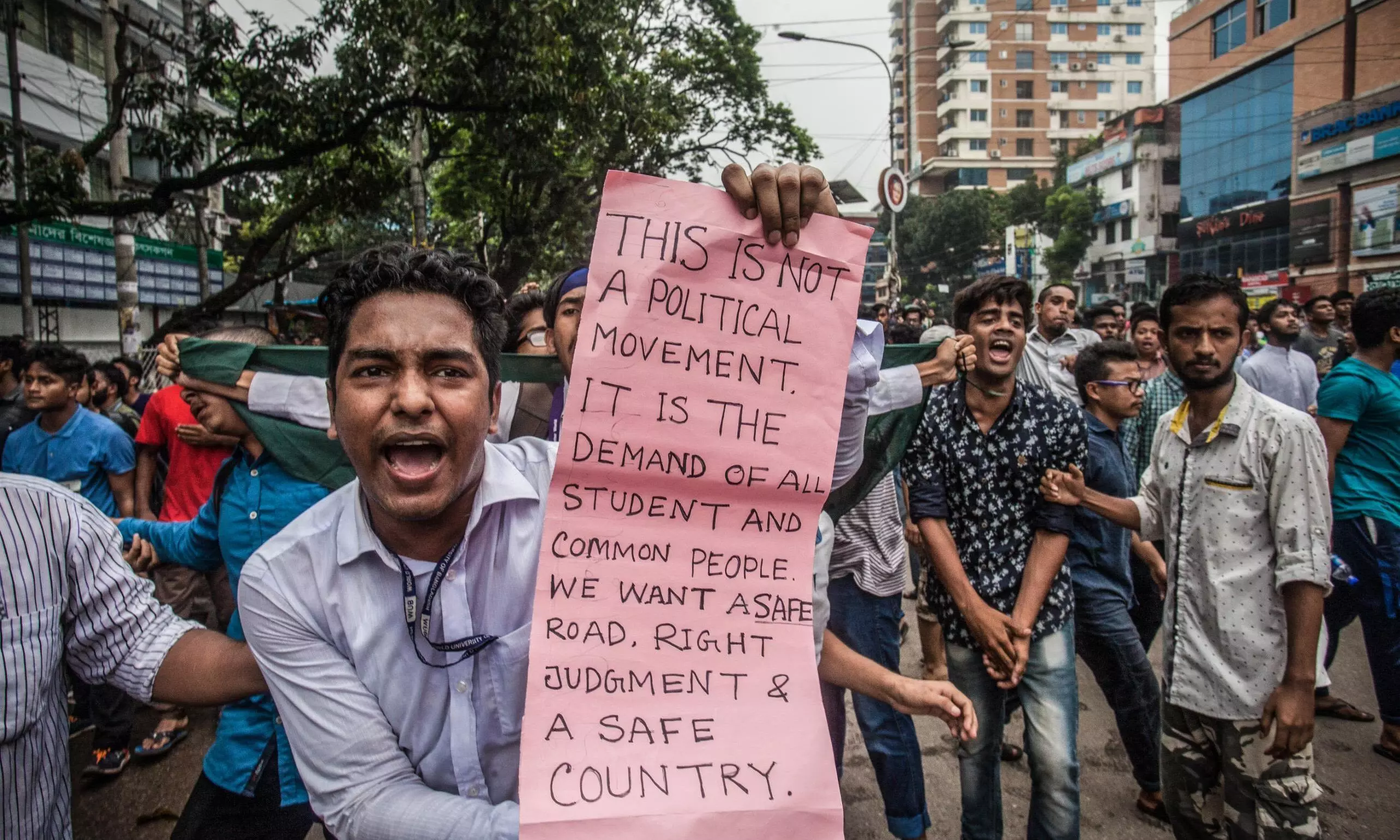
Bangladesh restores internet after 10-Day shutdown amidst protests
text_fieldsGetty Images.
Mobile internet services were restored across Bangladesh on Sunday, following a 10-day suspension imposed by the government to curb the spread of misinformation amid widespread protests and related violence.
The unrest, sparked by controversial government job quota reforms, had led to deadly clashes nationwide.
The restoration was announced by Zunaid Ahmed Palak, the Minister of State for Information and Communication Technology, during a press conference. As a gesture to compensate for the inconvenience caused by the internet blackout, Palak said that all users would receive 5GB of free internet for three days. The service was reactivated around 3:00 PM local time, with users of major providers like Robi, Grameenphone, and Banglalink regaining access.
The initial shutdown began on July 18, as violence escalated across the country. The government justified the move as a measure to prevent the spread of fake news via social media, as reported by The Daily Star. The situation deteriorated further when a fire at the Department of Disaster Management building, adjacent to a key data center, disrupted broadband services across the country. While broadband internet began to be restored gradually from July 23, mobile internet remained inaccessible until Sunday.
Minister Palak also mentioned that the Bangladesh Telecommunication Regulatory Commission (BTRC) has contacted social media platforms, including Facebook, TikTok, and YouTube, requesting their representatives to visit Dhaka by July 31 to discuss measures for preventing the spread of misinformation.
The recent violence in Bangladesh has been primarily driven by protests against a quota system that reserved 30% of government jobs for the relatives of veterans from the country's 1971 War of Independence. The clashes between police and student protesters resulted in significant casualties, with local reports suggesting over 100 fatalities, though official figures have not been released.
In response to the unrest, the Supreme Court recently reduced the veterans' quota to 5%, leaving 93% of government jobs open to merit-based selection, while the remaining 2% are reserved for ethnic minorities, transgender individuals, and those with disabilities. Prime Minister Sheikh Hasina defended the government's stringent measures, including a curfew with a shoot-on-sight order, as necessary to protect public safety.
As the situation stabilizes, normalcy is gradually returning to Bangladesh, with increased traffic in the capital, Dhaka, and the reopening of banks, garment factories, and internet services.























